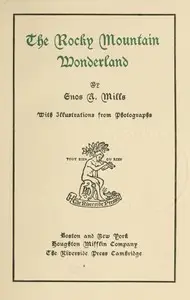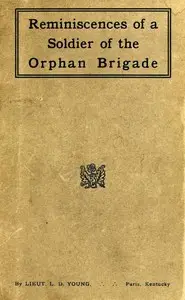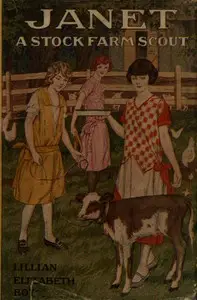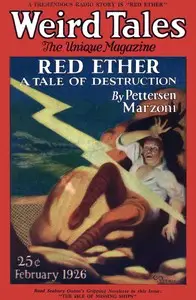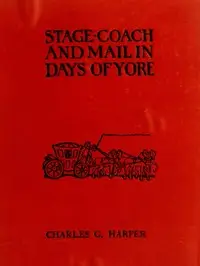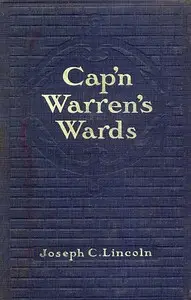"Ghosts: A Domestic Tragedy in Three Acts" by Henrik Ibsen is a play written in the late 19th century. The narrative unfolds in Mrs. Alving's house in Norway, exploring themes of societal morals, familial secrets, and the struggles against societal expectations. Key characters include Mrs. Alving, who grapples with the weight of her deceased husband's legacy; Oswald, her artist son returning from Paris; and Pastor Manders, a friend who embodies traditional values and moral rigidity. The play examines the consequences of inherited sins and societal hypocrisy through these characters' interactions. At the start of "Ghosts," the audience is introduced to a tense domestic environment characterized by a rain-soaked setting, reflecting the emotional turmoil within the household. The first act reveals Regina Engstrand, a servant, repelling her father, Engstrand, who wishes to take her with him as he heads back to town. Their dialogue hints at a troubled family dynamic, as Regina expresses her disdain for her father's intentions. Pastor Manders arrives to visit Mrs. Alving and discusses the forthcoming opening of the Orphanage built in her late husband’s memory. Throughout their conversation, Mrs. Alving's awareness of her past and the questionable nature of her husband's legacy is palpable, setting the stage for deeper explorations of truth, morality, and generational curses as the play progresses. (This is an automatically generated summary.)
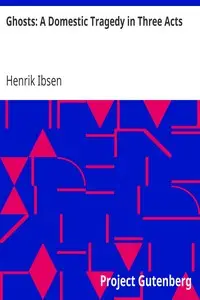
Ghosts: A Domestic Tragedy in Three Acts
By Henrik Ibsen
"Ghosts: A Domestic Tragedy in Three Acts" by Henrik Ibsen is a play written in the late 19th century. The narrative unfolds in Mrs. Alving's house in...
Henrik Johan Ibsen was a Norwegian playwright and theatre director. As one of the founders of modernism in theatre, Ibsen is often referred to as "the father of realism" and the most influential playwright of the 19th century, as well of one of the most influential playwrights in Western literature more generally. His major works include Brand, Peer Gynt, Emperor and Galilean, A Doll's House, Ghosts, An Enemy of the People, The Wild Duck, Rosmersholm, Hedda Gabler, The Master Builder, and When We Dead Awaken. Ibsen is the most frequently performed dramatist in the world after Shakespeare, and A Doll's House was the world's most performed play in 2006.









